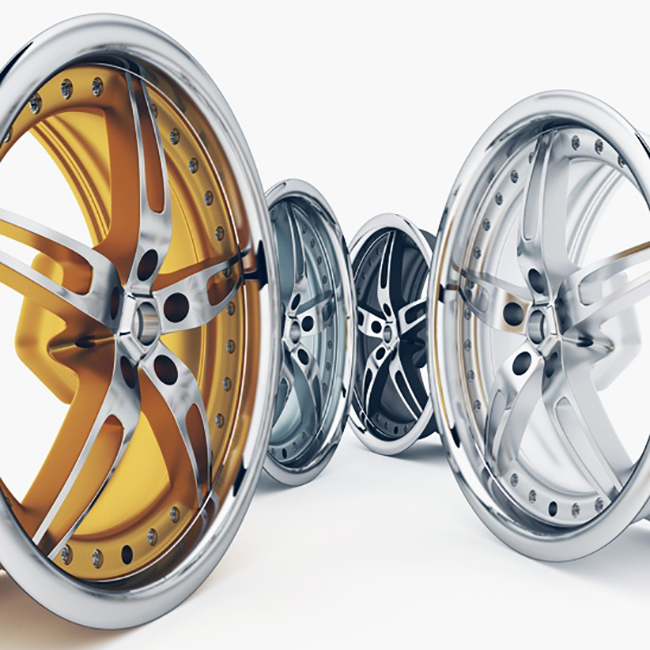Gasket Solutions for Efficient Oil Cooler Systems in Automotive Applications
Understanding Gasket Oil Coolers
In the realm of automotive engineering, the integration of various components is crucial for optimal vehicle performance. One such component is the gasket oil cooler, which plays a significant role in maintaining an engine's temperature and efficiency. Understanding its purpose and functionality can help vehicle owners appreciate its value and recognize the signs of wear or failure.
The primary function of an oil cooler is to regulate the temperature of the engine oil. As the engine operates, it generates a substantial amount of heat due to fuel combustion and friction between moving parts. If this heat is not managed effectively, it can lead to overheating, causing extensive damage or even complete engine failure. This is where the gasket oil cooler comes into play. It helps maintain the oil at an optimal temperature, ensuring that the engine operates efficiently.
The gasket oil cooler is typically a heat exchanger that uses coolant from the engine to absorb heat from the oil
. The oil flows through the cooler, where it is surrounded by coolant that circulates through the engine. This process helps to remove excess heat from the oil, lowering its temperature and improving its lubricating properties. Additionally, cooler oil can enhance engine performance, improve fuel efficiency, and extend the life of engine components.gasket oil cooler

Gasket oil coolers are usually made of aluminum or durable metal and are designed to withstand high temperatures and pressure. A high-quality gasket ensures a tight seal between the cooler and the engine block, preventing leaks that could compromise the cooling system's efficiency. Over time, however, gaskets can wear out due to constant thermal cycling and mechanical stress, leading to potential failures.
Signs of a failing gasket oil cooler can include engine overheating, oil leaks, or a noticeable decrease in engine performance. If you suspect an issue, it is essential to consult a professional mechanic to diagnose the problem accurately. Prompt attention to any signs of failure can prevent further damage and costly repairs.
Regular maintenance of the cooling system, including the gasket oil cooler, is essential for vehicle longevity. This includes routine oil changes, checking coolant levels, and inspecting the oil cooler for any signs of wear or leaks. By ensuring that these components are in good condition, vehicle owners can enhance the performance and reliability of their engines.
In conclusion, the gasket oil cooler is a vital component in an engine's cooling system. Its ability to regulate oil temperature plays a significant role in engine efficiency, performance, and longevity. Understanding its function and recognizing the signs of potential issues can help ensure that your vehicle remains in peak operating condition, avoiding costly repairs and extending the life of your engine. Regular maintenance and attention to this component can lead to a smoother and more enjoyable driving experience.
-
Understanding the Front Main Engine Seal: Purpose, Maintenance, and Installation
News Jul.29,2025
-
Understanding O-Rings and Seal Rings: Types, Applications, and Custom Solutions
News Jul.29,2025
-
Understanding Crankshaft Oil Seals: Rear Seals, Pulley Seals, and Their Role in Engine Integrity
News Jul.29,2025
-
The Importance of Front and Rear Crankshaft Seals in Engine Performance and Oil Management
News Jul.29,2025
-
Crank Oil Seals: Functions, Types, and Cost Considerations in Engine Maintenance
News Jul.29,2025
-
A Comprehensive Guide to O-Rings and Seals: Types, Materials, and Global Applications
News Jul.29,2025
-
Mastering Diesel and Performance Engine Maintenance: A Guide to Critical Oil Gaskets
News Jul.28,2025
Products categories















